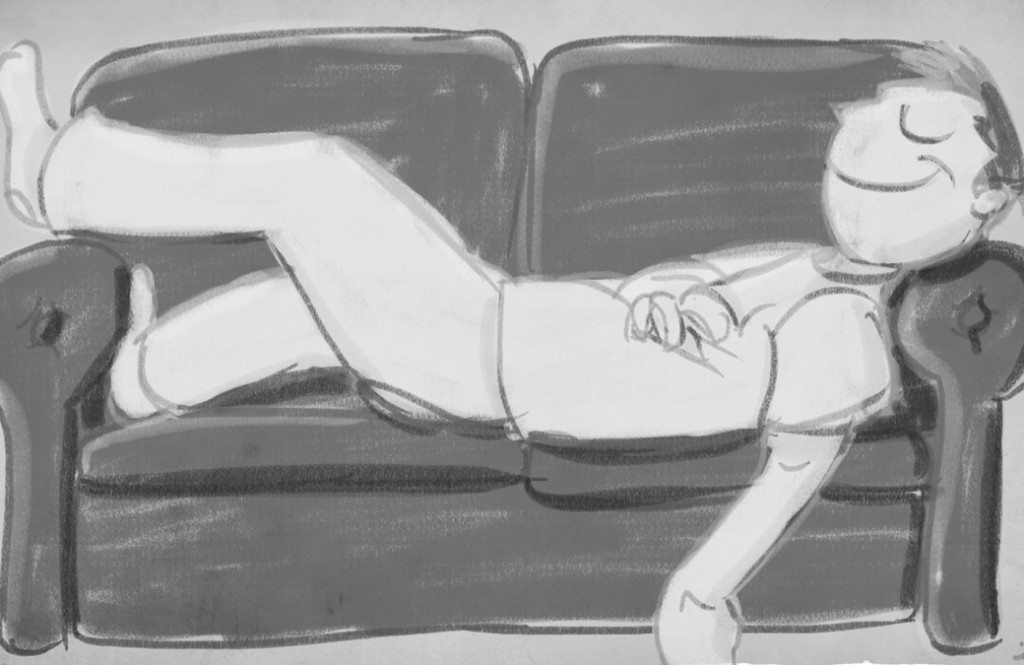IN BRIEF: We know it is incredibly difficult to fall asleep every night/day if you working nights. Here we offer 6 proven tips to develop a healthy sleep routine. Sleep well, stay fit.
Has tossing and turning in bed at night become a routine for you? Staring at the ceiling for hours and trying to lull yourself to sleep? You’re not alone.
It’s been scientifically proven that more than 50% of the world’s population struggles with forming proper sleeping patterns due to smartphones, excessive work load, etc.
Although you might not be able to control all of the factors that interfere with your sleep, you can adopt habits that encourage better sleep. Start with these simple sleep tips;
1 – Ban All Electronic Devices From Your Bedroom – As anyone who works overnight shifts will testify, going to sleep during the day can be difficult even after years of training.
That’s because light plays such a forceful role in our sleeping patterns. The key here is the hormone Melatonin, which is produced by the Pineal gland and appears to facilitate sleepiness.
Banning smartphones, tablets, and even bright electronic alarm clocks from your bedside table will help you enjoy bask in a sleepy haze of melatonin at nighttime.
2 – Stick To A Sleeping Schedule – Go to bed and get up at the same time every day, even on weekends, holidays and days off. Being consistent reinforces your body’s sleep-wake cycle and helps promote better sleep at night.
3 – Pay Attention To Your Diet – Don’t go to bed either hungry or stuffed. Your discomfort might keep you up. Also limit how much you drink before bed, to prevent disruptive middle-of-the-night trips to the toilet.
Nicotine, caffeine and alcohol deserve caution, too. The stimulating effects of nicotine and caffeine take hours to wear off and can wreak havoc on quality sleep.
And even though alcohol might make you feel sleepy at first, it can disrupt sleep later in the night.
4 – Focus On Comfort – Create a room that’s ideal for sleeping. Often, this means cool, dark and quiet. Consider using room-darkening shades, earplugs, a fan or other devices to create an environment that suits your needs.
Your mattress and pillow can contribute to better sleep, too. Since the features of good bedding are subjective, choose what feels most comfortable to you.
5 – Block Out Noise – White noise is restful, and even more importantly, it means that you won’t be woken up with every little thump that the house makes.
A fan is ideal because it does double duty of providing consistent soft background noise as well as keeping your room cool. Similarly, an air cleaner will serve to help keep your room free of dust and provide white noise.
6 – Include Physical Activity In Your Routine – Regular physical activity can promote better sleep, helping you to fall asleep faster and to enjoy deeper sleep. Timing is important, though.
If you exercise too close to bedtime, you might be too energised to fall asleep. If this seems to be an issue for you, exercise earlier in the day.
Nearly everyone suffers from sleepless nights, but if this has become a norm for you and is interfering with your daily life, then you should visit a doctor. Identifying and treating any underlying causes will help you get better sleep you deserve.
Here are some more resources to understand how to sleep better:
5 Simple Steps To Help You Sleep Better
How To Get A Good Night’s Sleep

